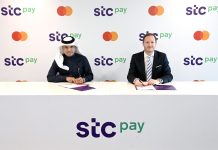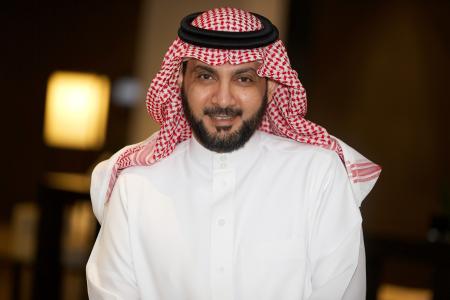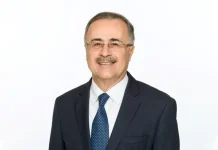The Arab Petroleum Investments Corporation (APICORP), an energy-focused multilateral development bank today unveiled its new ESG policy framework. The launch of the framework comes as part of APICORP’s drive to support energy transition in its member countries and beyond.
APICORP plans to allocate US$1 bn towards green energy projects and sustainable energy companies over the next two years, particularly in the MENA region, with a view to concomitantly measure the ESG footprint of all its assets by end of 2023 through active engagement with its stakeholders. Currently, green assets comprise more than 13% of the multilateral development bank’s overall portfolio – equal to around US $550 million in loans and direct investments, a figure which has more than quadrupled over the past 5 years.
The new framework also includes a robust due diligence toolkit to measure the ESG impact when making financing and investment decisions, with a focus on supporting the proliferation of renewable energy sources and low-carbon technologies as well as forging more strategic partnerships to promote the sustainability agenda.
Additionally, APICORP will look to introduce green and sustainability bonds in the coming period with the aim of accelerating the adoption of sustainable business models within the energy sector and providing industry players with incentives to pursue energy diversification and sustainability practices.
Commenting on the ESG policy framework, Dr. Aabed bin Abdulla Al-Saadoun, Chairman of the Board of Directors of APICORP, said: “As the world continues to experience unprecedented change, APICORP recognizes the importance of our role, our impact and our responsibility to tackle environmental and climate change challenge within our member countries, partners and wider stakeholders. We want to support a transition to a low-carbon, climate-resilient economy by mitigating risks across our operations, supply chain and client transactions by embedding sustainable principles in our business practices. We embark on this journey with the reassurance that all of our member countries are signatories to the 2015 Paris Agreement and participants at COP26 to be held in Glasgow later this year.”
Dr. Ahmed Ali Attiga, Chief Executive Officer of APICORP, said: “At APICORP, we want to lead by example when it comes to transitioning to more sustainable energy sources. Encouraging other partners in our ecosystem to be more mindful of their environmental, governance and societal footprint is therefore integral to our strategy moving forward. As a multilateral development bank with exposure to myriad industries within the energy space, we have the added advantage of being able to measure the overall impact more accurately across the regions in which we operate. Equally important, we will continue to drive the ESG agenda in our member countries through our research and knowledge sharing activities, as well as our unique position in advising key policy makers within government and regulatory circles.”
Underpinned by three core pillars – Responsible Banking and Investing, Social Inclusion and Partnerships, and Financial Resilience and Governance – the comprehensive framework is a key element of APICORP’s strategy to formalize and institutionalize its commitment to environmental protection, social responsibility, and robust governance. It also guides how APICORP will go about identifying, measuring, managing, monitoring, and reporting ESG risks and opportunities, as well as outlining criteria related to its own infrastructure, ethics and values, diversity and inclusion, and employee empowerment.
Additionally, the institution will also undertake voluntary public reporting on an annual basis drawn from the leading international standards, including the Task Force on Climate-related Financial Disclosures, The Principles for Responsible Investment, The Principles for Responsible Banking, and The Equator Principles.




























